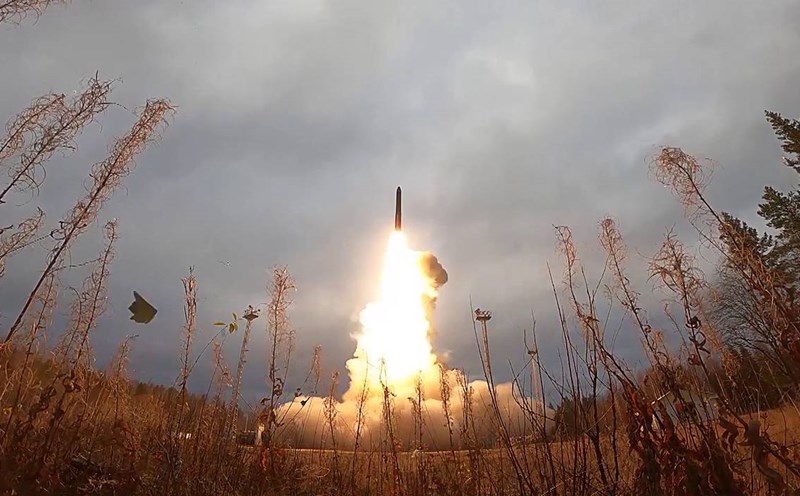Russia's antitrust Agency has launched an investigation into a unit under the Gazprom Group, accusing the enterprise of sharply reducing domestic gasoline supply during the period of high demand, contributing to pushing fuel prices to alarming levels.
The Russian Federal antitrust Agency (FAS) announced on July 25 that it had launched an investigation into the petroleum product business of Gazprom. The reason is due to the unusual decrease in the amount of gasoline sold at the St. Petersburg Commodity Exchange. Petersburg, amid rising gasoline prices in Russia and the government considering export tightenings.
According to FAS, from May 20 to June 27, the unit recorded a reduction of up to 74% for AI-92 gasoline and 50% for AI-95 gasoline from Gazprom's plant in Surgut, based on data from the exchange.
At a time when seasonal demand is increasing, such a cut in supply is unacceptable and shows signs of violating competition law, FAS said in a statement.
At the time of announcement, Gazprom had not commented on the incident.
Domestic gasoline prices in Russia have increased significantly in the past few months, putting a lot of pressure on consumers and the transportation industry. The Russian government is considering measures to limit gasoline exports to ensure domestic supply and curb fuel inflation.
The investigation of one of the "big guys" like Gazprom is a sign that Moscow is tightening control of the domestic energy market, especially in the context of the economy facing many challenges from sanctions, inflation and the cost of prolonged conflict.
The latest move from FAS is considered a warning signal to energy groups, which have long been said to have a big impact on the market.
With a key role in the Russian energy ecosystem, Gazprom not only controls the Russian gas sector but also significantly dominates the petroleum product market, including finished gasoline.
The investigation could lead to severe sanctions, including administrative fines, forced supply increases or even temporary price ceilings to stabilize the market.











